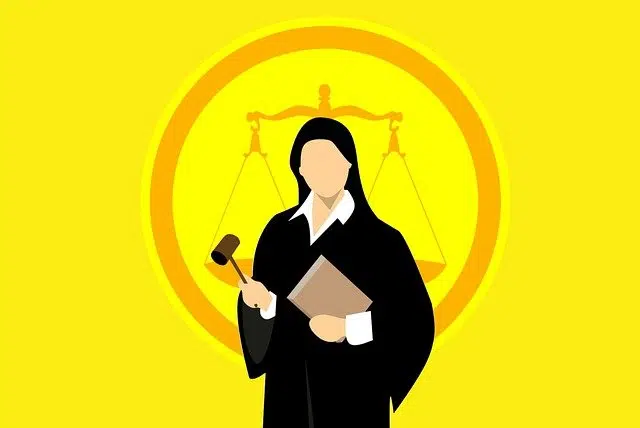
When a citizen considers himself affected by a crime, he can file a complaint.
From the Latin querella , the term complaint has its original meaning in the expression of a painful feeling or physical pain . The concept, however, is closely linked to the field of law regarding disagreements and disputes .
A complaint, therefore, is an act that can be exercised by an individual or a prosecutor before a court or judge as a criminal action against people whom he accuses of a crime .
Types of complaint
One of the most frequent types of complaint is that filed before the ordinary judge by the heirs of a person who has already died. The reason for filing it is that they want the judicial body to carry out the invalidation of the will because they consider that the rights they legitimately have are violated or harmed.
Specifically, we can establish that, broadly speaking, there are two types of complaints: the private one, and the public one, which is the one filed as a result of a specific popular action.

There are different types of complaints.
How it is presented
The complaint can be filed by any citizen who considers himself affected by a crime, either against his person or against his property. The objective of the complaint is to pursue the conviction of the offender who has caused damage .
It is essential that when filing a complaint it has a series of basic points because if not, it will not be accepted or processed properly. Specifically, it is established that this must include the personal data of the complainant and the defendant, the explanation of what happened to understand why it was carried out and the signature of the person presenting it.
Complaint for slander or insults
The person who files a complaint before the competent judge is known as the plaintiff , while the person who is sued is the defendant . The most common complaints are filed for private crimes such as slander or insults.
It is common for public figures to become plaintiffs when they consider that someone tarnished their good name by making insulting statements. For example: “A famous singer filed a complaint against the magazine director after accusations of domestic violence,” “If you don't retract it immediately, I'm going to sue you.”
Differences with a complaint
In addition to all of the above, we must highlight the fact that what is a complaint is often confused with a complaint. However, they have very different characteristics:
Complaint . It is a duty for every person who has witnessed a public crime to present it. It is presented at a police station or the nearest court and is usually done either in writing or verbally.
Complaint . It represents a right because it can be presented by those who have been offended or not by a crime. It must be presented in the investigating courts, the complainant may be required to pay a bond and must be supported by a solicitor and a lawyer .
Investiture complaint
Lastly, it is known as the investiture dispute , a conflict that developed between 1073 and 1122 and involved the Christian popes and kings.
This confrontation broke out over the granting of benefits and the granting of ecclesiastical titles.
